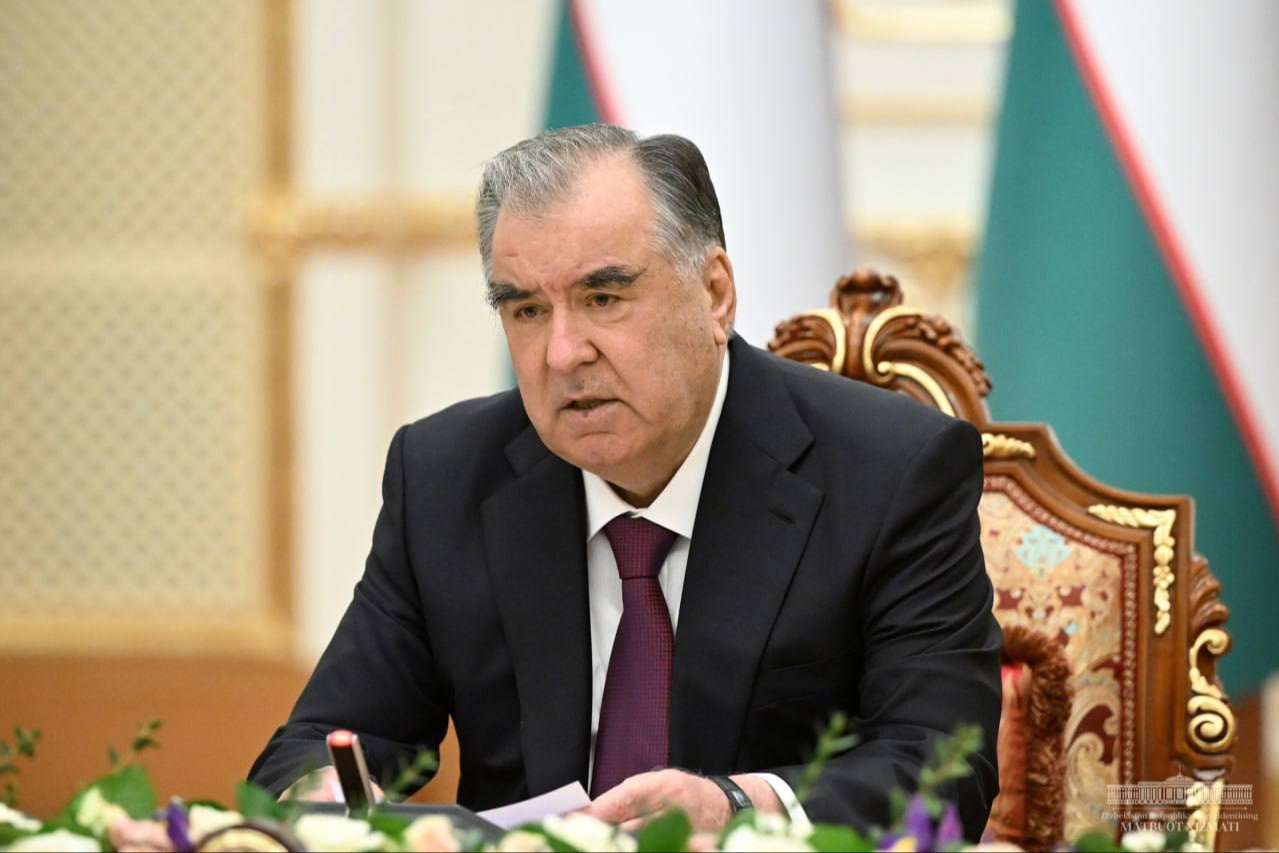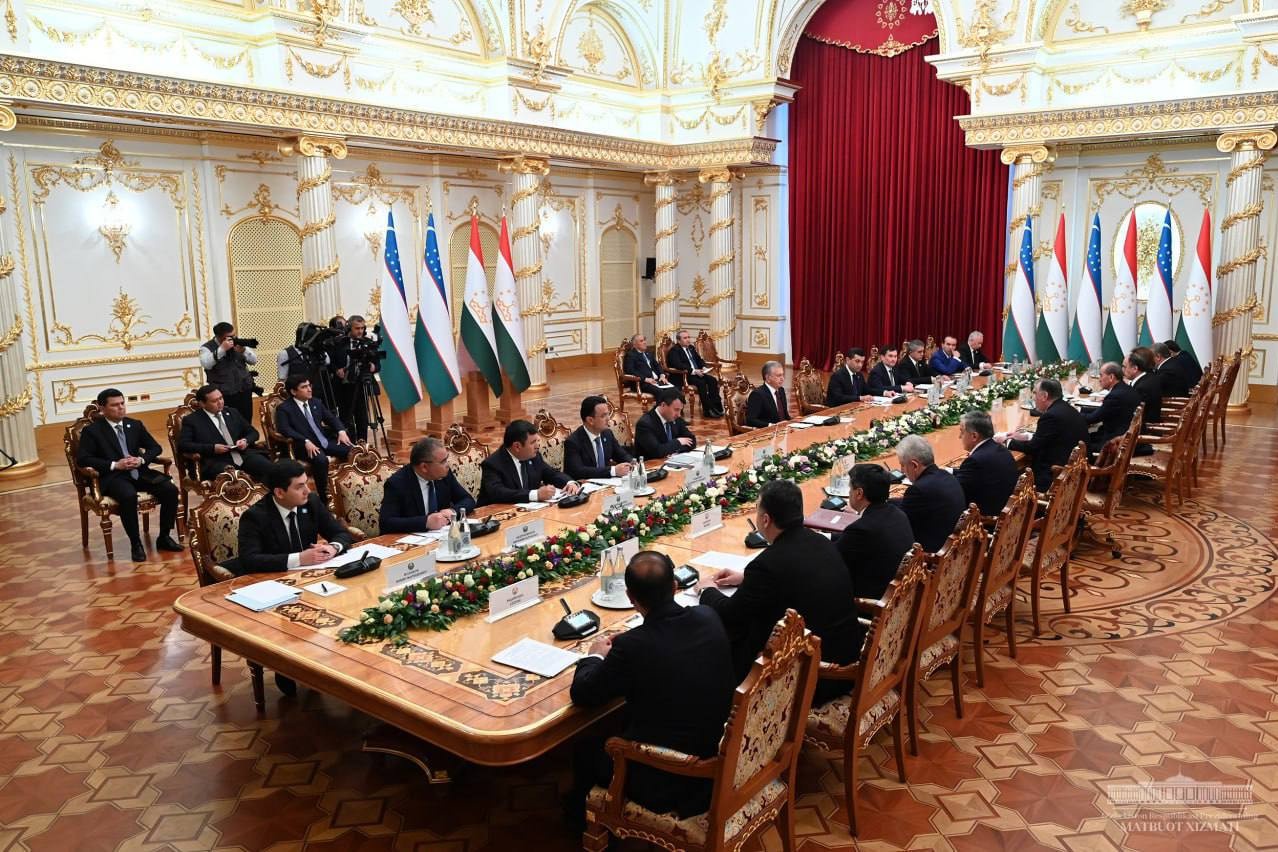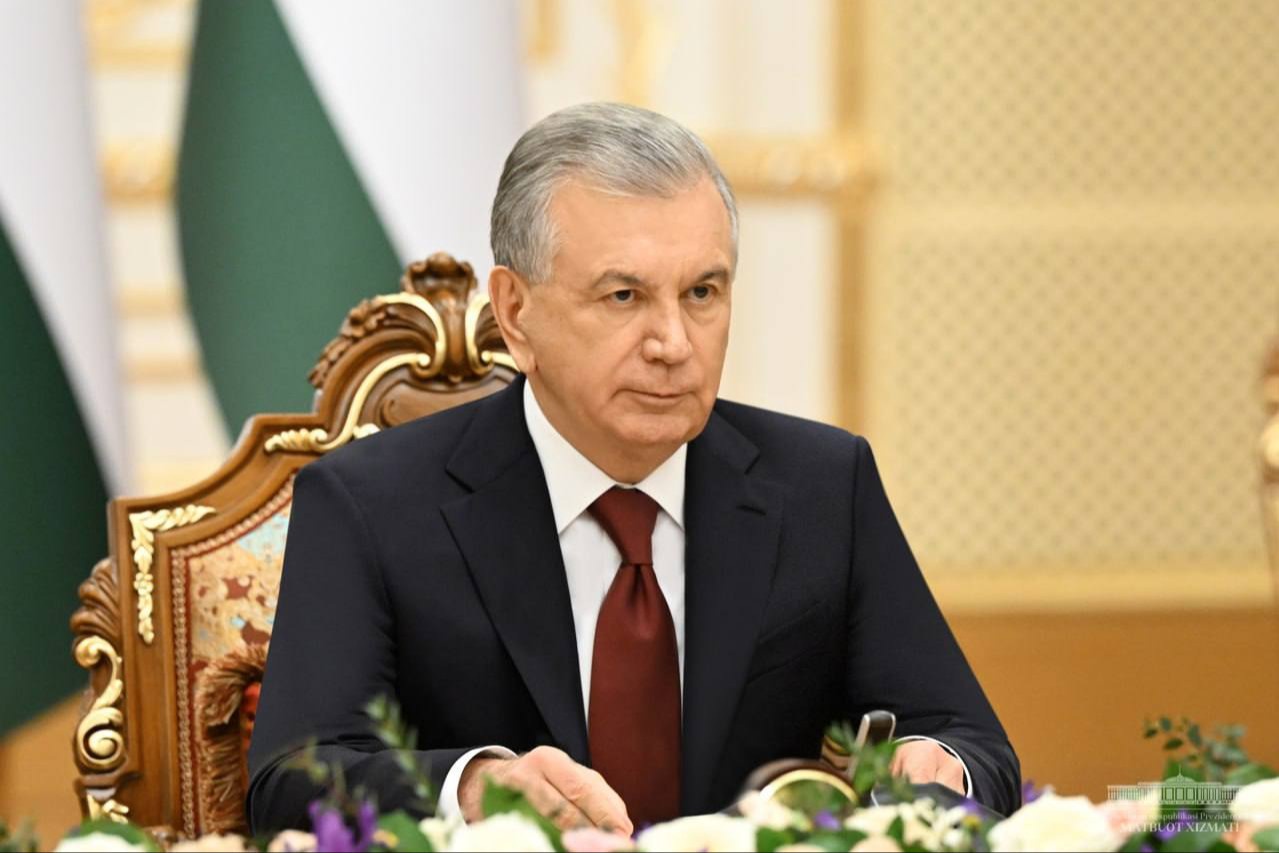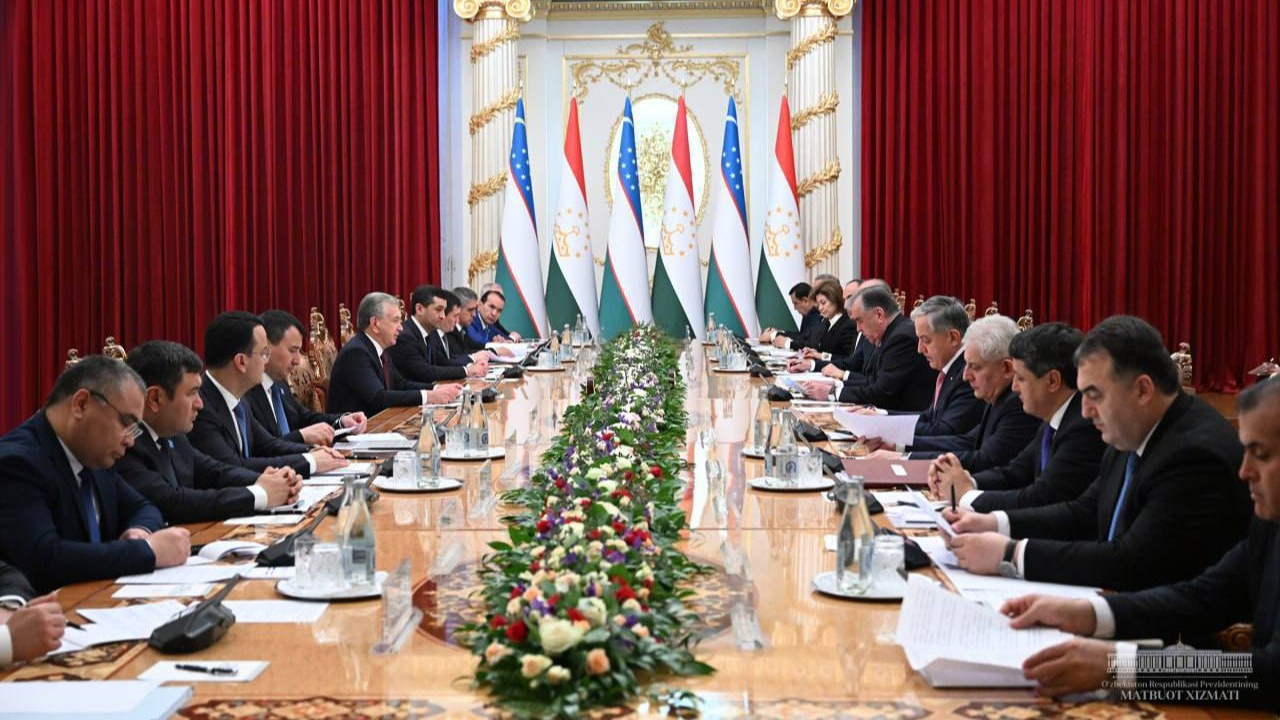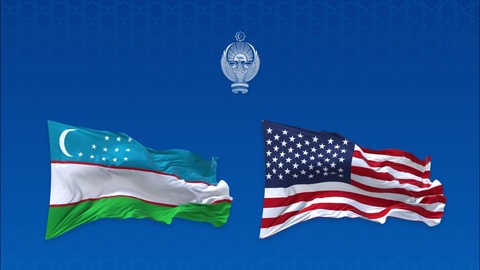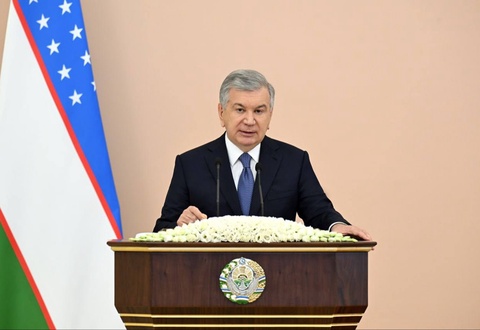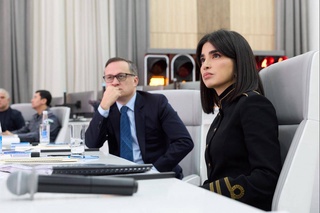Issues of further deepening strategic partnership and alliance between Uzbekistan and Tajikistan were substantively discussed, primarily in the political, trade-economic, transport-communications, and cultural-humanitarian spheres.
“In recent years, as a result of an active dialogue at the highest level in the spirit of mutual trust and support, friendly relations between countries have risen to an unprecedented high level”, Shavkat Mirziyoyev emphasized.
At the same time, enormous untapped potential and great opportunities exist for further development of full-scale cooperation.
“To implement the historic Treaty on Allied Relations signed today, it is necessary to increase the effectiveness of contacts at all levels – parliaments, governments, foreign affairs agencies, ministries, and regions”, the President of Uzbekistan said.
The importance of developing cross-border trade mechanisms and infrastructure to bring trade turnover to $2 billion was emphasized.
The presidents welcomed the firm agreements on the joint implementation of essential projects in energy, electrical engineering, metallurgy, mining, textiles, pharmaceuticals, agro-industrial, and other sectors, stimulating the development of deep industrial cooperation.
Issues of continuing a constructive and mutually beneficial dialogue on water use issues were discussed.
The President of Uzbekistan noted the importance of effectively using the great potential of interregional cooperation and fully implementing agreements reached during the visit.
The strategic direction defines interaction in transport and transit. The presidents spoke in favor of enhancing mutually beneficial cooperation in this direction, creating favorable conditions for developing air transportation and railway communications, and increasing the volume of transit cargo transportation.
The parties agreed to support cultural and humanitarian exchanges more actively.
The importance of close contacts in countering modern challenges and threats and promoting socio-economic projects in Afghanistan was noted.
The readiness to continue mutual support within regional and international structures was emphasized.
At the meeting, reports were heard from deputy prime ministers and ministers of transport, energy, and agriculture on the agenda.
Following the talks, the heads of state were instructed to prepare a joint roadmap and establish mechanisms for effectively implementing the agreements reached.


